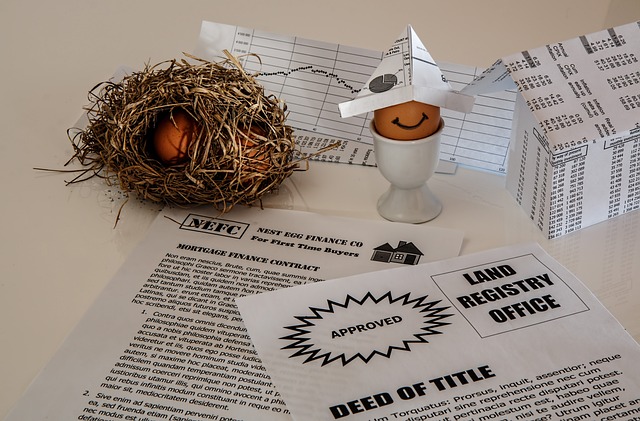Unsecured 10k debt consolidation loans offer individuals with bad credit a flexible way to manage multiple high-interest debts, simplifying payments and potentially improving their credit score. Eligibility requires stable income, ID, employment, and financial commitments, with lenders considering credit history but not always rejecting poor scores if improved behavior is shown. Combining multiple debts into one lower-interest loan can save on interest charges and speed up debt repayment. However, unsecured loans may have higher rates than secured options, and approval could be conditional on good credit, making it more challenging for those with poor credit. Choosing a reputable lender is crucial for the best outcome.
“Struggling with multiple debts and a poor credit history? Unsecured consolidation loans could be a viable solution. This comprehensive guide delves into the world of 10K debt consolidation loans, offering a potential pathway to financial freedom. We’ll explore how these loans work, who qualifies despite bad credit, and what’s involved in securing one. From understanding the benefits to considering potential drawbacks, this article provides an insightful look at consolidating your debts.”
- Understanding Unsecured Consolidation Loans
- Eligibility Criteria for Bad Credit Borrowers
- The Process of Applying for a 10K Debt Consolidation Loan
- Benefits and Potential Drawbacks Explained
Understanding Unsecured Consolidation Loans
Unsecured consolidation loans are a type of financial solution designed to simplify debt management for individuals with poor credit histories. Unlike secured loans, which require collateral, unsecured loans offer a more flexible option for borrowers. The primary goal is to consolidate multiple high-interest debts into a single loan with a potentially lower interest rate, making it easier to manage payments and reduce overall debt. This can be particularly beneficial when dealing with substantial amounts like a 10k debt consolidation loan, allowing borrowers to pay off their debts faster and save on interest charges.
By consolidating debts, individuals can bid farewell to the hassle of multiple monthly payments and reduce the risk of defaulting on loans due to missed payments. It provides a structured approach to repaying debts, helping to improve credit scores over time. Moreover, unsecured consolidation loans are accessible to those with bad credit, offering them an opportunity to repair their financial standing while managing their debt more effectively.
Eligibility Criteria for Bad Credit Borrowers
Bad credit history shouldn’t necessarily prevent you from accessing financial support for debt consolidation. While traditional loans might be out of reach, unsecured consolidation loans offer an alternative option. These loans are specifically designed to help individuals with poor credit scores consolidate their debts into a single, more manageable payment.
Eligibility criteria vary among lenders, but generally, borrowers need to meet certain requirements. A 10K debt consolidation loan, for instance, may be within reach if you can demonstrate stable income, prove identity and residency, and provide proof of employment or other financial obligations. Lenders will also assess your credit history, although a poor credit score isn’t always a deal-breaker, especially if you can show evidence of improving financial habits.
The Process of Applying for a 10K Debt Consolidation Loan
Benefits and Potential Drawbacks Explained
Applying for an unsecured consolidation loan can offer several advantages, especially for individuals dealing with a bad credit history. One of the primary benefits is financial simplification; it allows you to combine multiple high-interest debts into a single loan with potentially lower rates, making repayment more manageable. This 10k debt consolidation loan can help you save on interest charges over time and provide better control over your finances. Additionally, it may enhance your credit score as timely repayments can positively impact your credit report, demonstrating responsible borrowing to lenders.
However, there are potential drawbacks to consider. Since these loans are unsecured, they often come with higher interest rates compared to secured options. This could mean paying more in the long run. Furthermore, loan approval might be conditional on a good credit history, which can be challenging for those with poor credit. Lenders may also offer smaller loan amounts or stricter repayment terms. It’s crucial to weigh these factors and choose a reputable lender to ensure the best possible outcome when considering a 10k debt consolidation loan.
